
What Certifications Are Required for Electric Blankets?
In cold winter weather, heating, insulation, and warming products are highly sought after in various markets. Popular heating products include constant-temperature cup warmers, electric coffee mats, heated vests, electric yoga mats, electric blankets, foot warmers, heaters, small space heaters, and radiant heaters.
Electric blankets are primarily used to preheat beds before sleep or to maintain a warm temperature during sleep, making them an ideal winter household item. They can also help dehumidify and remove moisture from bedding. With low energy consumption, adjustable temperatures, convenient usage, and broad application, electric blankets are highly popular in foreign markets during the winter. So, what certifications are required for selling electric blankets on Amazon and exporting them to Europe, the US, and Japan?
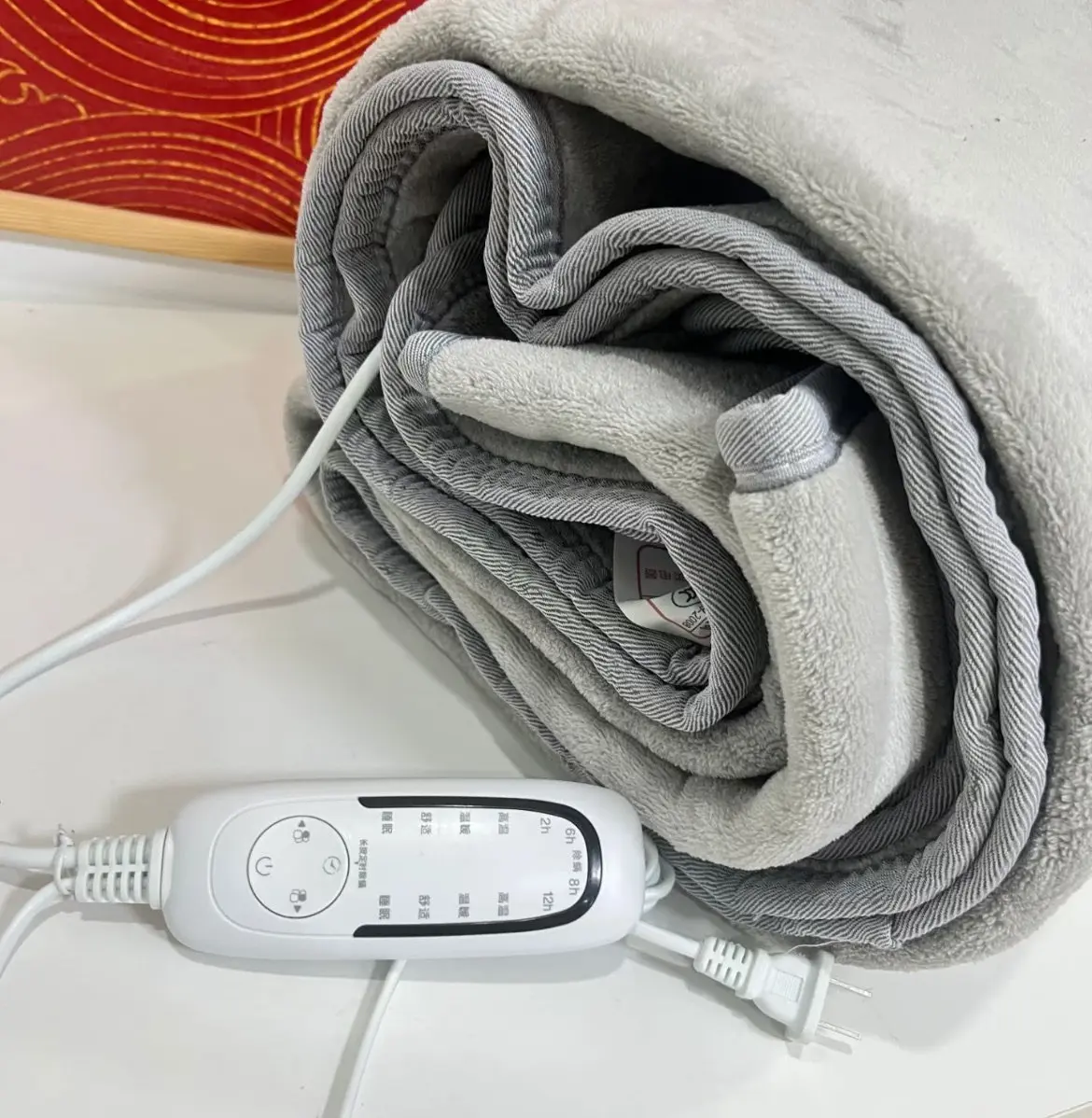
Certifications for Exporting Electric Blankets to the US
Amazon requires all electric blankets and electric bedding products to comply with the safety certification regulations outlined in UL964. UL964 is a standard established by Underwriters Laboratories (UL) to evaluate and test the safety performance of electric blankets and electric bedding products.
Amazon Electric Blanket UL964 Testing Requirements:
1. Leakage Current Test
2. Input Test
3. Leakage Current Test in Moisture Conditions
4. Normal Temperature Rise Test
5. High Voltage Withstand Test
UL Standards for Electric Blankets:
1. UL964 covers electric blankets, bed covers, comforters, sheets, mattress pads, mattresses, and heated footwear, aligning with the National Electrical Code ANSI/NFPA 70 for bedding items that use 120V AC single-phase circuits.
2. All heating pads must be connected to circuits and include a switch or one to two user-controlled temperature regulators. Temperature regulation can also be automated.
3. If heating pads are connected to non-120V AC voltage circuits or used with waterbeds, mechanical beds, etc., additional research based on their intended usage is required.
Certification for Exporting Electric Blankets to Europe
The CE Mark is a safety certification mark and is considered a "passport" for manufacturers to access and enter the European market. CE stands for Conformité Européenne (European Conformity). Within the EU market, the CE mark is a mandatory certification symbol. Products bearing the CE mark can be sold in any EU member state without the need to meet the requirements of individual member countries, enabling the free circulation of goods within the EU. Moreover, CE certification serves as the access credential for products entering the markets of EU and European Free Trade Association (EFTA) countries.
CE certification indicates that a product meets the safety requirements outlined in EU directives. It is a commitment from manufacturers to consumers, enhancing trust in the product. Products with the CE mark reduce risks when being sold in the European market, including:
1. The risk of being detained or investigated by customs.
2. The risk of being inspected by market supervision authorities.
3. The risk of accusations from competitors for competitive purposes.
Directives Involved in CE Certification for Electric Blankets:
- EMC Directive (2014/30/EU): Electromagnetic Compatibility
- LVD Directive (2014/35/EU): Low Voltage
Safety and Electromagnetic Compatibility Testing Standards for CE Certification of Electric Blankets:
- EN 60335-1
- EN 60335-2-17
- EN 61000-3-2
- EN 61000-3-3
- EN 55014-1
- EN 55014-2
EN 60335 Standard: This is a European standard covering the safety of household and similar electrical appliances. For electric blankets, the EN 60335 standard specifies requirements related to safety performance, material usage, electrical safety, mechanical safety, thermal safety, and electromagnetic compatibility (EMC).
Documents Required for CE Certification of Electric Blankets:
1. Name, trade name, and address of the manufacturer (or EU Authorized Representative (AR)).
2. Product model and serial number.
3. Product user manual.
4. Safety design documents (critical structure diagrams showing clearance, creepage distances, insulation layers, and thickness).
5. Product technical specifications (or company standards).
6. Product circuit schematic diagram.
7. Product wiring diagram.
8. List of key components or raw materials.
Certification for Exporting Electric Blankets to Japan
pse certification for Electrical Products and METI Filing: How to Apply?
Japan's DENTORL Law (Electrical Appliances and Materials Control Act) requires Japanese purchasers to register with the Ministry of Economy, Trade, and Industry (METI) within one month of purchasing goods. The purchaser's name or ID must also be displayed on the product for monitoring and regulatory purposes during the sales process. In other words, electronic products must complete METI filing before they can be sold in Japan.
What Is METI Filing?
The Ministry of Economy, Trade, and Industry (METI) details the filing process, which is managed by its Commerce and Information Policy Bureau under the Information Economy Division. This process evaluates various project characteristics, such as scalability, privacy, and overall reliability. For electric products like electric blankets, METI filing ensures traceability and compliance within Japan's regulatory framework.
PSE Certification and METI Filing for Electrical Products in Japan
PSE certification is a mandatory safety certification in Japan, demonstrating that electrical and electronic products meet the DENAN Law (Electrical Appliance and Material Safety Law) or international IEC standards. The law requires 457 types of electrical products to undergo safety certification before entering the Japanese market.
1. 116 Specified Electrical Products must obtain a diamond-shaped PSE mark.
2. 341 Non-specified Electrical Products must obtain a circular PSE mark.
Documents Required for PSE Certification
1. PSE Certification Application Form
2. Factory Inspection Report (for specified electrical products)
3. Copies of Business Licenses of the applicant, manufacturer, and production facility
4. Product Instruction Manual
5. Differences Among Models within the same application unit
6. List of Key Components and/or Primary Materials
7. Product Dimension Diagrams, General Assembly Drawings, and Detailed Part Diagrams
8. Manufacturer's Authorization Certificate (if applicable)
9. Other Required Documents
10. If any steps fail, the product must undergo rectification.
Certification Process for Exporting Electric Blankets to Japan (and EU/US)
1. Complete the application form.
2. Provide product samples.
3. Arrange testing.
4. Review draft results to confirm accuracy.
5. Finalize official certification documents.
JJR Laboratory Services
JJR Laboratory offers compliance and certification services for exporting electric blankets to various countries, including Japan, the EU, and the US. For further inquiries, please feel free to contact us.
Email:hello@jjrlab.com
Write your message here and send it to us
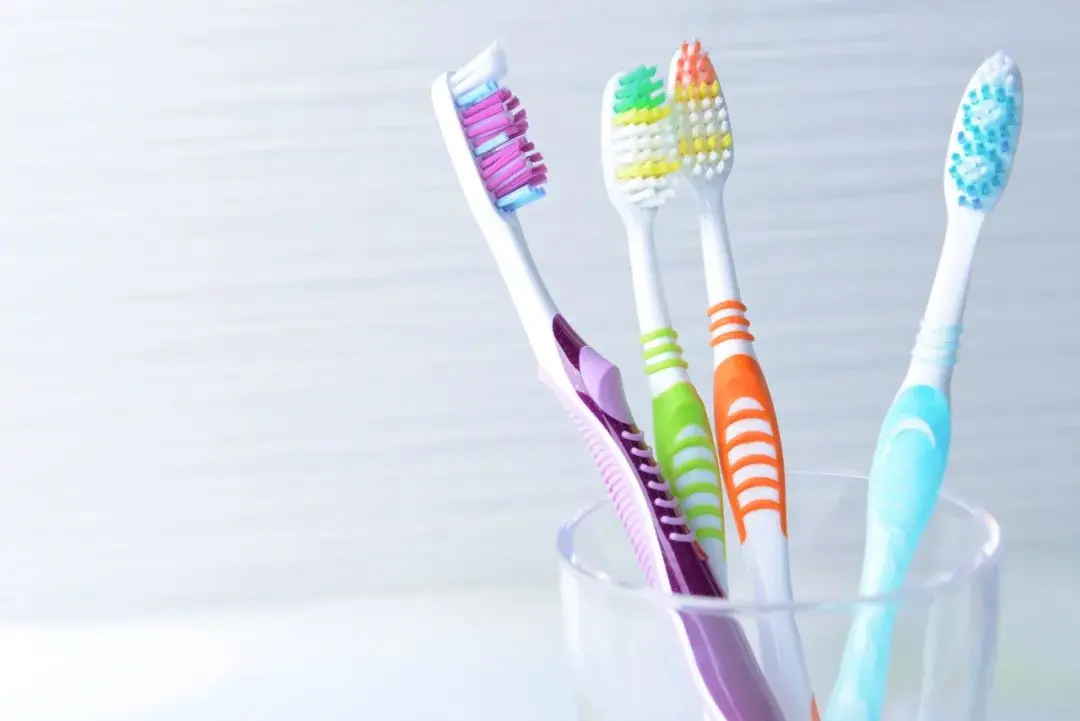 Toothbrush FDA Certification Testing
Toothbrush FDA Certification Testing
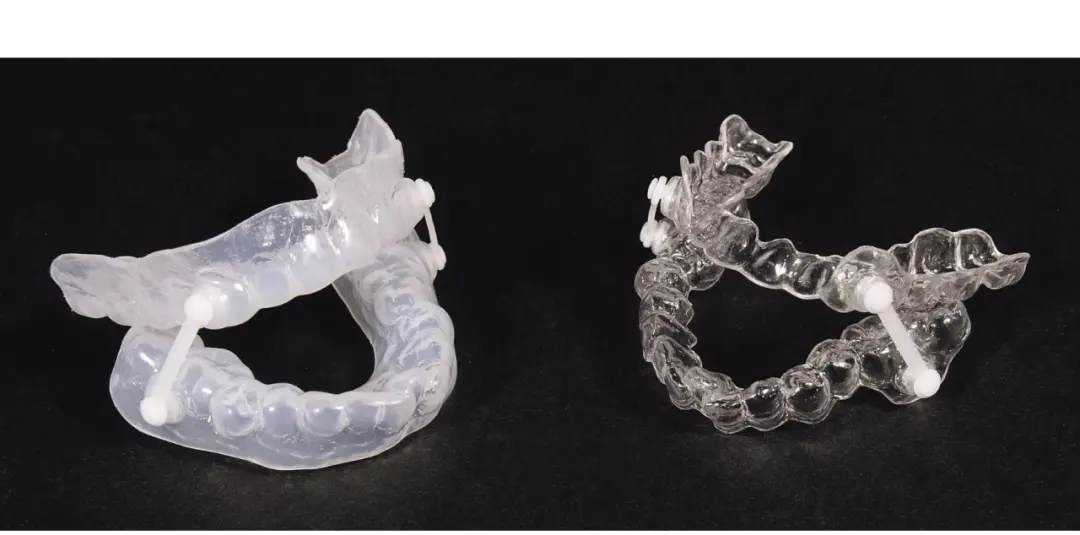 Snoring Device FDA 510k Standard Testing
Snoring Device FDA 510k Standard Testing
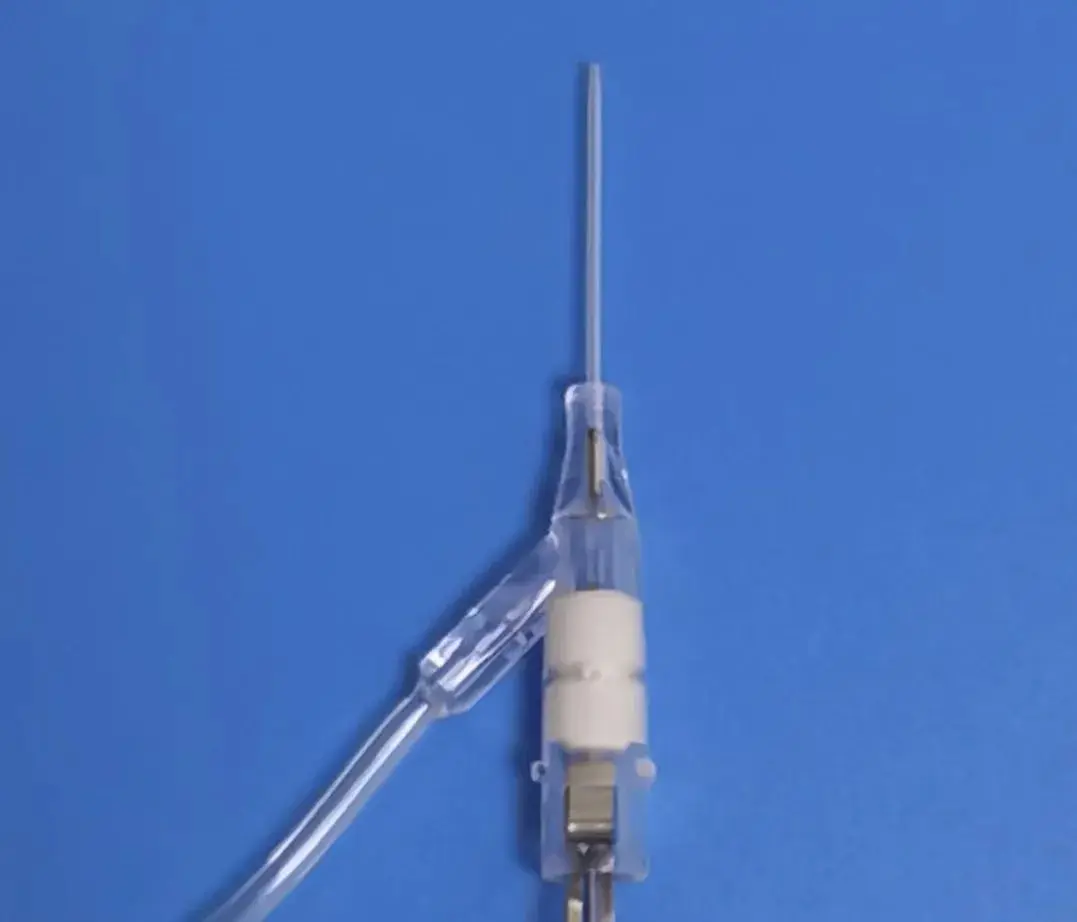 Single Use Intravenous Catheter Certification Test
Single Use Intravenous Catheter Certification Test
 Silicone Material Product Compliance Certification
Silicone Material Product Compliance Certification
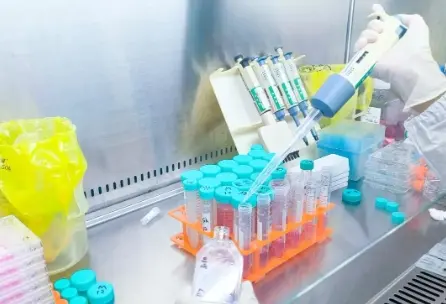 What to Do If Cytotoxicity Test Results Are Positi
What to Do If Cytotoxicity Test Results Are Positi
 ISO 10993:5 Cytotoxicity Testing Methods
ISO 10993:5 Cytotoxicity Testing Methods
 FDA ISO 10993-1 Biocompatibility Evaluation Guidel
FDA ISO 10993-1 Biocompatibility Evaluation Guidel
 In Vitro Cytotoxicity Testing for Medical Devices
In Vitro Cytotoxicity Testing for Medical Devices
Leave us a message
24-hour online customer service at any time to respond, so that you worry!




